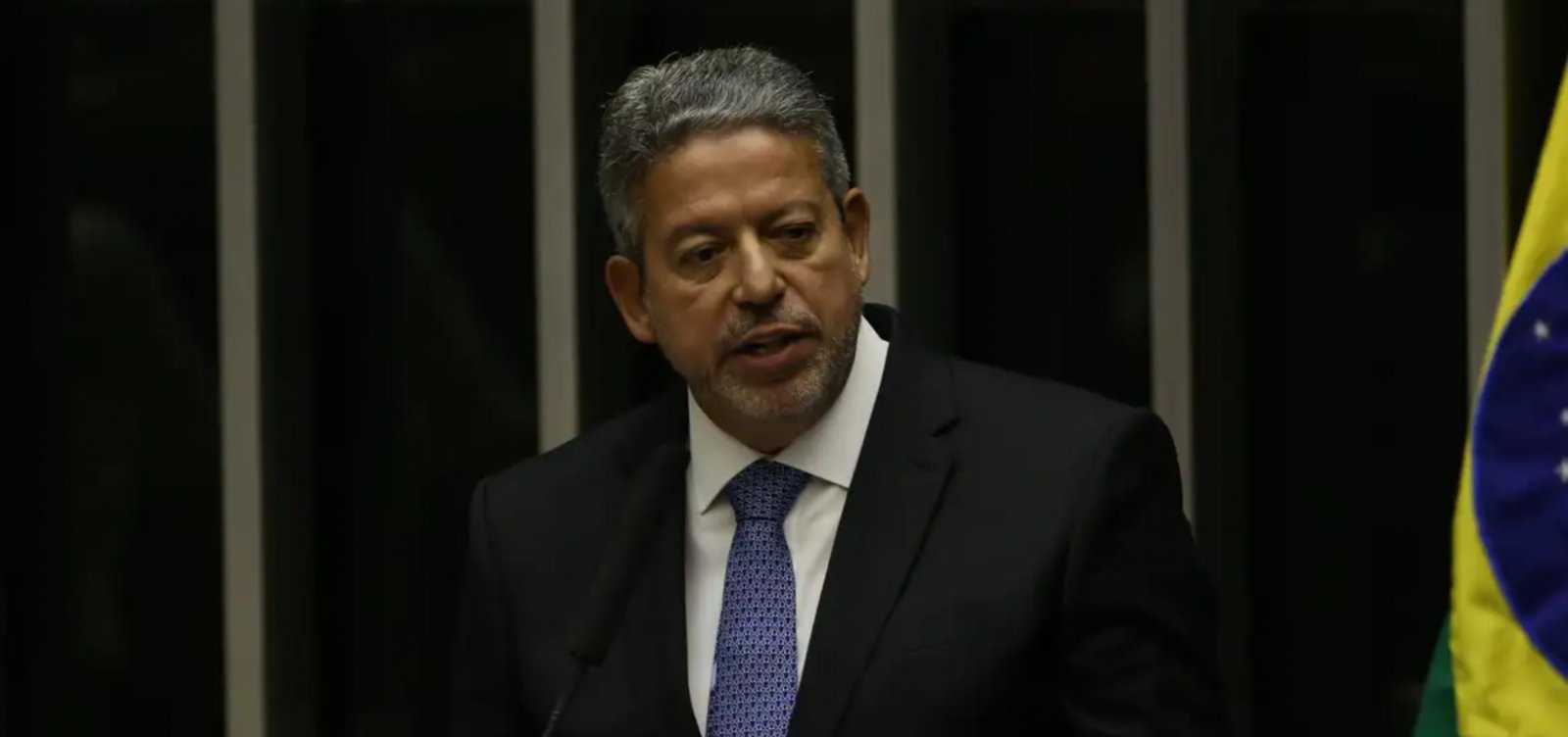This Thursday (18) Caixa Econômica Federal employee was charged with speeding up the investigation of a sexual harassment complaint against the management of the financial institution. They reaffirmed the permissive culture of harassment at the bank, through treating employees and covering up crimes.
The topic was discussed during the public hearing of the Commission on Labor, Administration and Public Service of the Chamber of Deputies.
Reports of sexual harassment taking place within the bank and external events with the participation of its president, Pedro Guimarães, culminated with the executive’s resignation in June.
The investigation into this case is taking place in secret proceedings at the Ministry of Labor, as well as in the state department of internal affairs and in external investigative companies. To date, this process has not been completed.
“It is with embarrassment that I explained to my co-workers here who asked me if there had been a penalty, an expression of complaint, that in Brazil things were slower. And the words of dozens of women will remain on trial,” reports one of the abuse victims responsible for the complaint, bank employee Carolina Lacerda Tostes, who is now in Canada.
During the trial, Tostes did not provide details about his case, but said it was milder in comparison to other complaints. According to him, one of the victims said he had heard from former president Pedro Guimarães an order to “wake up so I can see if you are in a bikini”, before the start of the online work meeting.
Harassment as a management model
Caixa employee representative, Rita Serrano, also demanded an investigation into the complaint and repeated a practice she called “institutionalized harassment”. He explained that in the last three years, the company underwent a process of rotation of management positions, as well as the dismissal of several employees who held strategic positions at the bank, without any reason, as a form of retaliation.
“Until one day the president of the company felt free to carry out sexual harassment cases, with a drastic increase in moral harassment and pressure on workers,” he said.
In another talk about the toxic work environment at state-owned companies, the president of the National Federation of Caixa Personnel Associations (Fenae), Sérgio Takemoto, asserted that harassment has become a “management model” in companies.
He cited a Fenae survey interviewing more than 3,000 bank employees in 2021, of which 60% admitted to having experienced moral harassment; and more than 90% have experienced some type of stress at work.
no punishment
representative Erika Kokay (PT-DF), who requested the trial, observed that the people accused of these crimes were not held accountable within Caixa. “Some people at Caixa were removed from their roles, but took on other roles, sometimes for higher pay,” he said.
He asserted that administrations that fail to punish these practices are held accountable for them.
Kokay also reported on the existence of a crime-covering scheme at the agency. “Crime presupposes the existence of a network: someone who directly attacks, who harasses, but there is a network that is built to support that person”, he explained.
Correspondingly, former bank president Maria Fernanda Ramos Coelho emphasized that the meritocratic discourse within Caixa “does nothing more than cover up inequality”.
“What we have seen in the last three years is an unjustified shift of roles. Not because the person is getting poor results, or has not achieved the goal, but to show that he needs to subordinate himself to the boss,” he explains.
revenge
The representative from the Ministry of Manpower, Melícia Alves Mesel, warned of a “pact of solidarity and silence” between victims of common harassment in corporate circles, for fear of reprisals.
To break this paradigm, prosecutors highlight the importance of complaints, even if they are individual initiatives. “If there are workers who criticize, the others follow, because they feel compelled,” he said.
Training
As a policy against harassment, the representative of workers in the financial sector Central nica de Trabalhadores (CUT), Fernanda Lopes, suggested specific training aimed at informing about what constitutes the crime of sexual harassment.
“A woman’s body is hers, so if she doesn’t give her permission to shake hands, it’s a violation,” he said.

“Geek zombie. Subtly charming social media scholar. Beer enthusiast. Lifelong bacon pioneer.”






